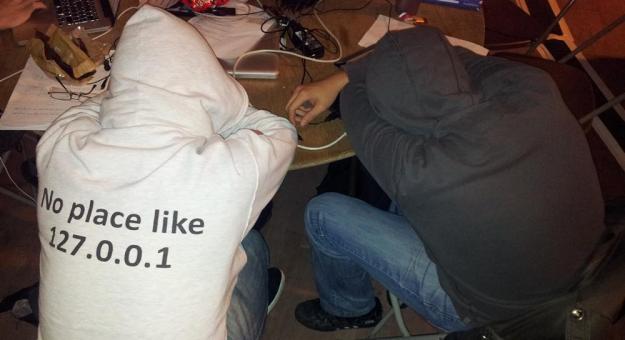
As reported by the North County Times, the FBI is investigating a case involving identity theft and election fraud that occurred at California State University San Marcos. During the election for the school’s student body president, approximately 700 student identifications with passwords were stolen and used to cast votes electronically for college junior Matthew Weaver. All students at the school receive a username and password in order to sign up for classes each semester in addition to using it to voting in school elections. Immediately after the school discovered the intrusion, they locked down all 700 accounts and issued a warning to the students that the security of the accounts had been compromised.

Weaver was found in possession of the computer in addition to “a device that can be used to steal computer passwords.” After Weaver was placed in jail on March 15, he posted a $50,000 bail on the following day.
Following the discovery of the election tampering, the university threw out the results of the election and rescheduled a new election to occur during May 2012. University spokeswoman Margaret Lutz-Chantung said “The decision was to restart the process by scratch.” It’s unlikely that Weaver will be allowed to continue his education at California State University.
In regards to the reasoning behind the FBI’s involvement with Weaver’s case, Special Agent Darrel Foxworth stated “We are looking into it. I can’t say exactly what we are looking at, but given the facts and circumstances that have been reported to us, it appears there may be violations of federal laws.”

According to the San Francisco Chronicle, approximately 36 students have been suspended in regards to their involvement with hacking the school’s computer system in order to adjust student absences. Since the school’s attendance policy required teachers to dock the grades of students with three or more unexcused absences, a group of at least four students used an administrator password to alter absences for a fee.
This group of students charged between $2 to $20 to change the absence number. A collection of the highest-achieving students took them up on the offer in order to preserve their grade point average. The school is working with local law enforcement regarding the incident and has already expelled at least two students. Other incidents of cheating around the country include standardized test fraud in New York where 19-year-old Samuel Eshaghoff collected up to $3,600 per test to take the SAT for other students and a test-stealing incident in San Jose last month where students broke into a teacher’s computer in order to steal answers to an upcoming test.

